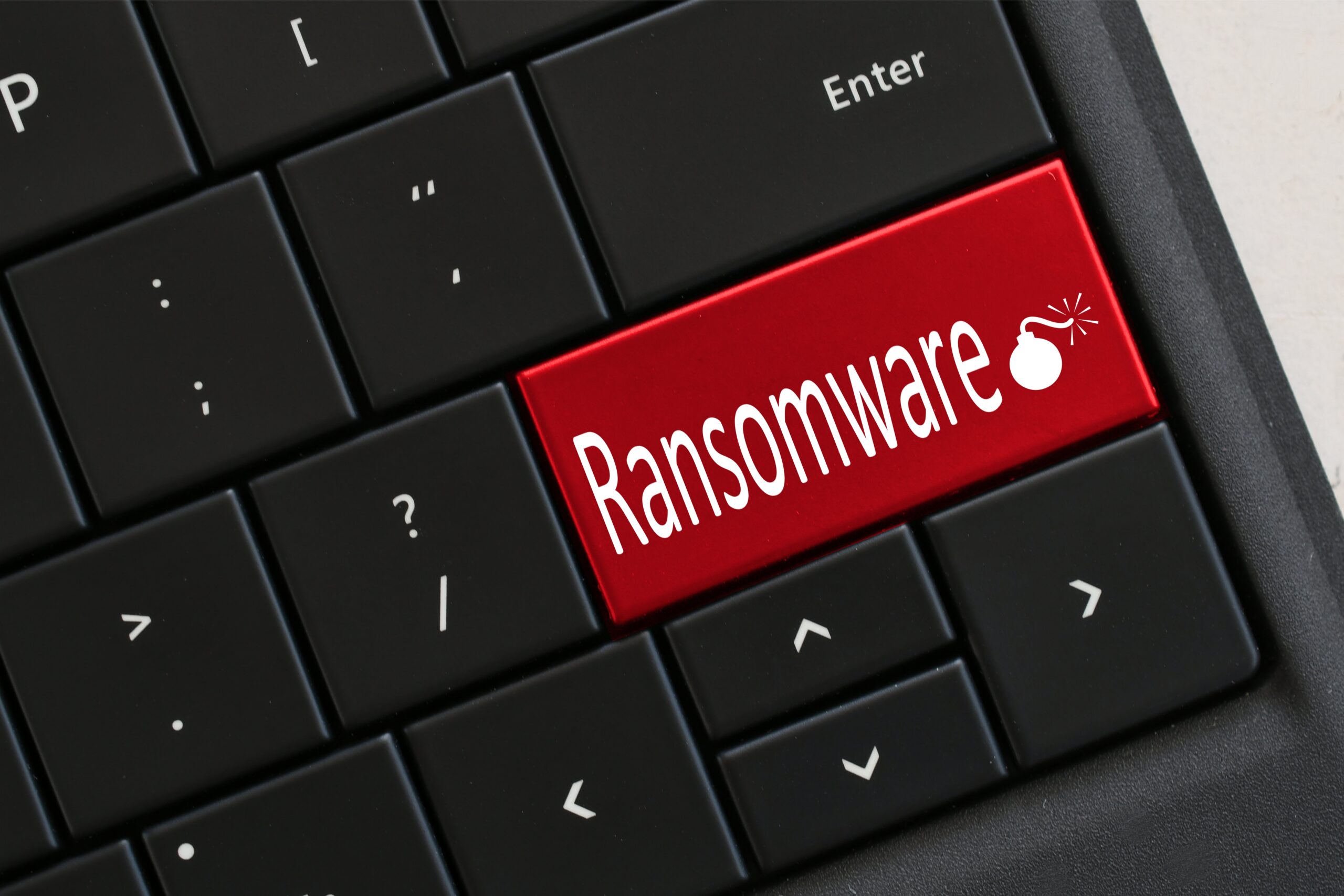Ransomware is one of the fastest-growing threats to small businesses. The trend of storing data in the cloud, accepting online payments, and doing most business online isn’t slowing down for small businesses, which only further increases the risk.
Here’s how ransomware works and what small businesses can do to prevent ransomware infections.
What is Ransomware?
Ransomware is a type of virus that blocks access to your computer system until you pay the ransomware’s creator a sum of money. This will often give you instructions on how to download it or even just open up an email that contains the virus. Once this infects your computer, it either locks out everyone or just certain users until they follow its business rules.
Ransomware is often very malicious, and it usually does not go away when you pay the ransom. Sometimes ransomware will encrypt your files so that nobody, including the creators, can access them.
This is particularly scary because most cases, it’s used to steal your data and then demand ransom once the ransomware creators have the information they want.
Types of Ransomware
There are several different types of ransomware, with some being more destructive than others. Here are four types to be aware of:
Crypto (or Encryptors)
These types encrypt a user’s files with a private key that only the cybercriminals have access to. This type of encryption is extremely difficult to break or reverse without paying a ransom fee to the cybercriminals behind it.
Locker
This locks a user’s computer and displays a message that tells them to pay a ransom fee in order to regain access. This type is often used as a scare tactic to make a person believe their files are inaccessible without first paying the creator.
Scareware
Rather than encrypting files, this type displays fake warning messages on the user’s screen that appear official or legitimate. The message claims that something nefarious has occurred on the device and the only remedy is to pay a ransom in order to fix the problem.
Doxware
Doxware malware doesn’t just encrypt a user’s data – it also makes a copy of all their documents and threatens to publish the document unless a ransom is paid.
How Can Small Businesses Protect Against Ransomware Threats?
Small businesses that fall victim to ransomware threats can experience major losses, including leaked customer data and lost productivity for staff members who can’t access their files or systems while under an attack.
There are a few steps small businesses can take to protect themselves against threats, including:
- Installing prevention software on all devices and regularly updating it.
- Educating employees on how to identify threats, including not opening suspicious emails or clicking on links from unknown senders.
- Backing up all data regularly and storing the backups in a separate, secure location.
- Restricting administrator privileges to only those who need them.
- Keeping all software up to date, including antivirus software, operating systems, and applications.
- Using strong passwords and changing them regularly.
- Closing unused accounts and disabling unnecessary services.
Syzygy 3 Helps With Ransomware Protection
If ransomware has infiltrated your small business, Syzygy 3 can help. Our protection software is designed to detect threats and quarantine them before they can cause any damage.
For more information on ransomware prevention and how Syzygy 3 can help, contact us today.

